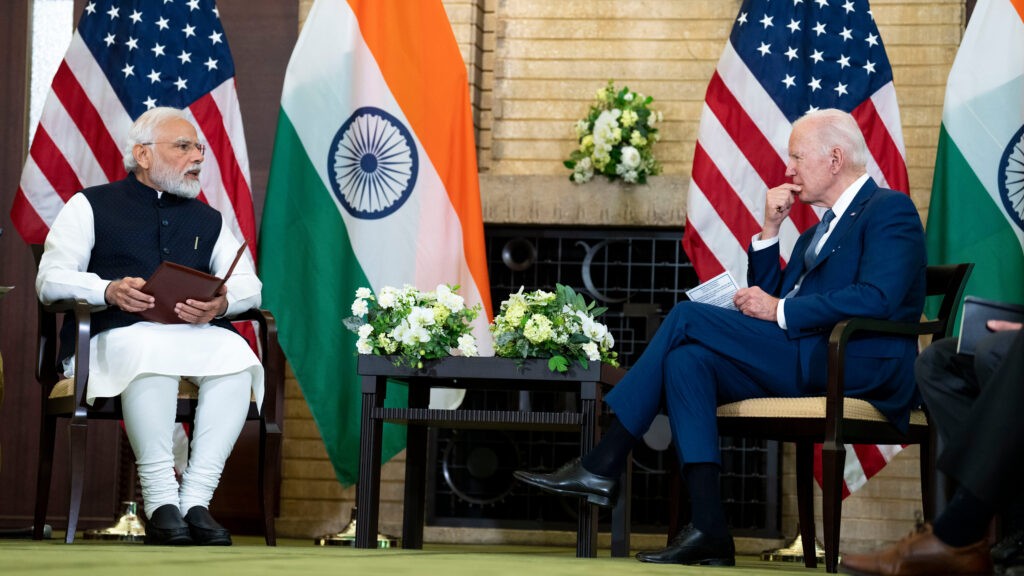02/01/2024
02/01/2024
NEW DELHI, India, Jan 2: In a rare interview with the London-based Financial Times, Indian Prime Minister Narendra Modi discussed the alleged thwarting of a plot by an Indian agent to kill a Sikh separatist on American soil. The case involves Gurpatwant Singh Pannun, a US-Canada dual citizen, labeled a "terrorist" by India for advocating violence against New Delhi and seeking a separate Sikh homeland, Khalistan. While Modi downplayed the impact on bilateral ties, recent events suggest a relationship strain.

FBI Chief Christopher Wray's December visit to New Delhi, the release of the US Commission on International Religious Freedom's annual report, and President Biden's refusal to attend India's Republic Day celebrations are signs of tensions. The FBI's first directorial visit in 12 years likely included discussions on the Pannun case, while the religious freedom report linked the allegations to broader concerns about attacks on religious minorities in India.
Although Christopher Clary, an assistant professor, sees the turbulence as temporary, Sushant Singh suggests a role played by the Pannun case in the cooling relations post Modi's June visit to Washington. Despite these challenges, shared concerns about China may keep the partnership steady. However, concerns arise within India over potential communication device scrutiny, with reports hinting at the withdrawal of RAW operatives from North America.
The differing responses to US and Canadian allegations add complexity, with India taking a more restrained approach to the former. The US indictment against Indian businessman Nikhil Gupta details contact with an Indian intelligence operative and an alleged payment for the Pannun assassination plot. Despite denials by the Indian government, speculation persists regarding the knowledge of National Security Advisor Ajit Doval.
As India navigates these challenges, defense deals, including Predator drone purchases, and technology transfer for jet engines with the US show signs of slowdown. The disquiet within New Delhi's corridors of power underscores concerns over potential US monitoring of secure Indian government communications. The unfolding situation leaves questions about the extent of information held by US officials and its future implications for India-US relations.


